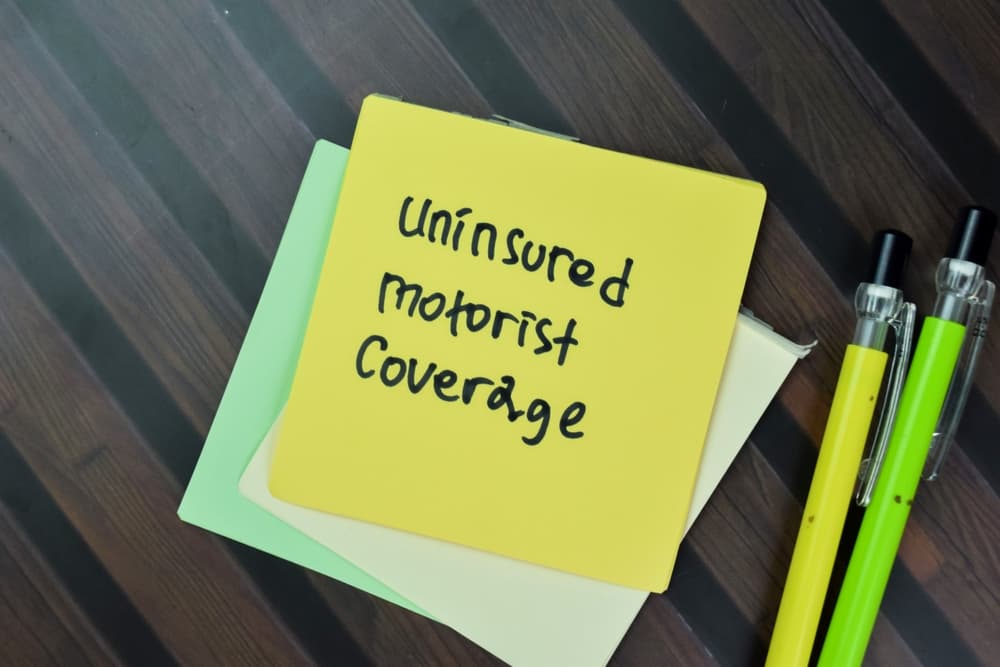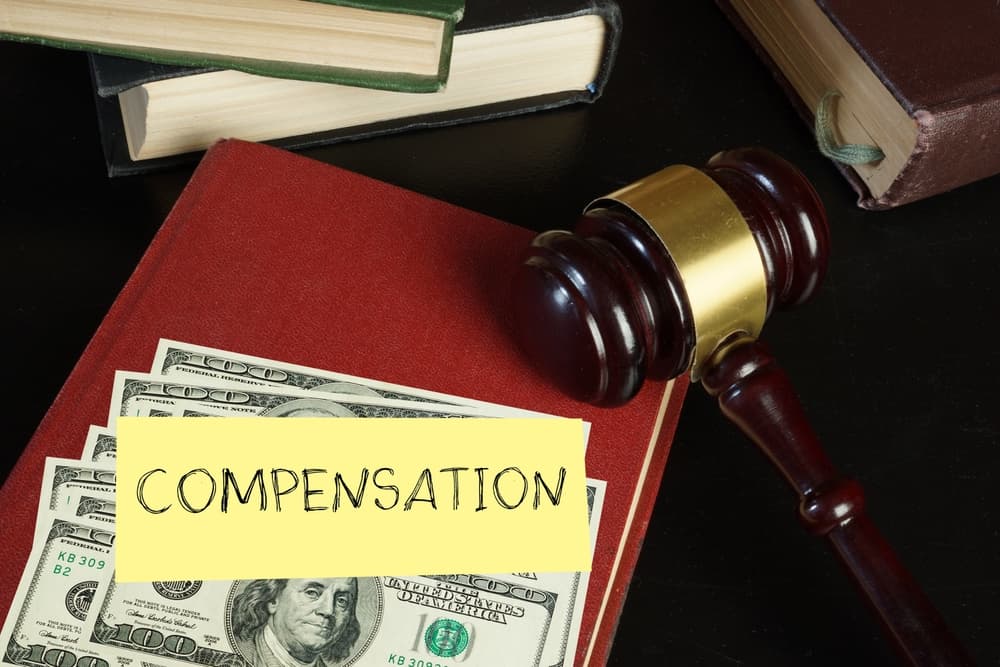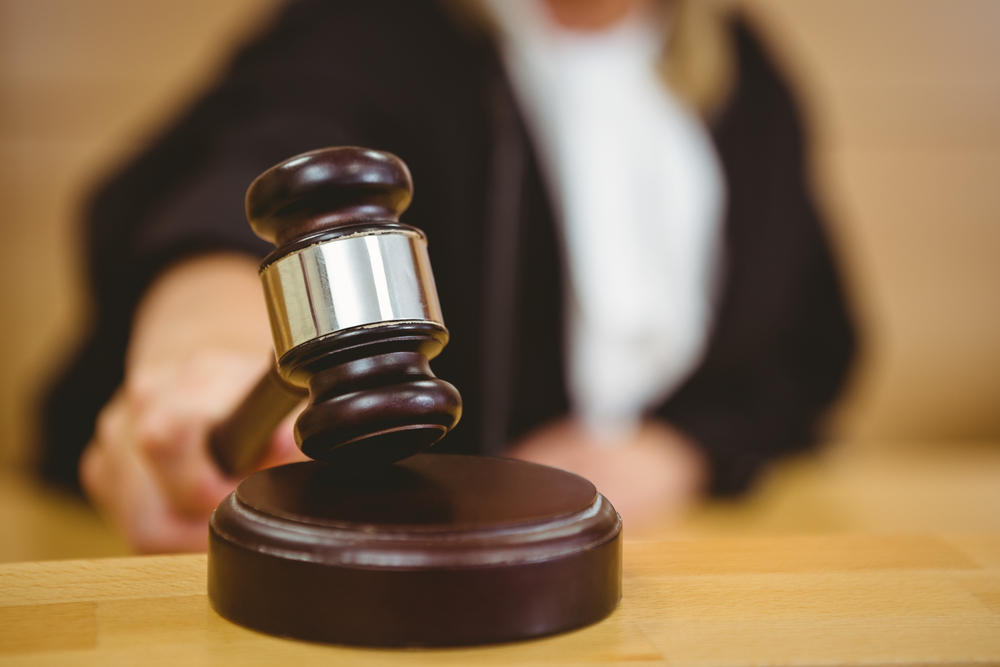When you're reeling from a car accident, one of the last things you want to hear is that the other driver doesn’t have insurance. It’s frustrating, disheartening, and can leave you wondering: Can you sue someone who doesn’t have car insurance? The answer isn’t a simple yes or no. Whether it’s worth pursuing a lawsuit depends on your damages, your own insurance coverage, and—most importantly—whether the at-fault driver has anything to offer in return.
Schedule Your Free Consultation
Key Takeaways
- Roughly 1 in 8 drivers in the U.S. are uninsured, increasing the risk for every driver on the road.
- Even if the other driver doesn’t have coverage, you may still be able to recover compensation through your own policy.
- Suing an uninsured driver can be worthwhile if they have assets like property or steady income.
- Multiple parties may share liability in some accidents, improving your chances of a recovery.
- Personal injury lawsuits allow recovery for medical bills, lost wages, property damage, and more.
- A lawyer can uncover whether the uninsured driver has assets before you spend money filing suit.
The Harsh Reality of Uninsured Drivers
Most drivers assume that if they’re in an accident caused by someone else, the other party’s insurance will cover the costs. But that isn’t always how things play out. More than 15% of U.S. drivers are uninsured, according to the Insurance Research Council. That means every time you’re on the road, you’re sharing it with people who may not be able to pay for the damage they cause.
Additionally, more than 18% of drivers are underinsured, meaning that more than a third of drivers have no coverage or insufficient coverage to pay for accidents and injuries they cause.
Some uninsured drivers skip coverage because they’re struggling financially. Others allow their policies to lapse or knowingly break the law. Regardless of the reason, if they crash into you, you could be left footing the bill.
What Happens After a Crash With an Uninsured Driver?
In the moments after a crash, the adrenaline is high, and decisions must come quickly. If the other driver admits they don’t have insurance, your priorities shift immediately. You're no longer just worried about injuries and vehicle damage; you now have to worry about how you're going to get paid.
After you call the police and receive medical attention, you’ll likely report the accident to your own insurance company. They’ll begin investigating the claim and may confirm the other driver’s uninsured status. This verification is crucial because it determines what options you have for financial recovery.
Exploring Your Own Insurance Options First
Before jumping into litigation, you should exhaust all options under your own insurance policy. Many drivers have more coverage than they realize.
Uninsured Motorist Coverage (UM)

If you’ve added UM coverage to your policy, it’s designed for exactly this situation. It can pay for your medical bills, lost wages, and other accident-related costs. Many states require insurers to offer this, and it’s often included by default unless drivers opt out of it.
Medical Payments (MedPay)
MedPay is an optional add-on to your auto insurance that helps pay for your medical bills after a crash, regardless of who caused it. It typically covers costs such as ambulance fees, X-rays, and doctor visits up to a specified limit. There’s no deductible, and you can usually use it alongside your health insurance. You get MedPay by asking your insurer to include it in your auto policy, and it’s relatively affordable.
Personal Injury Protection (PIP)
PIP is broader than MedPay and may be required in "no-fault" states. (like Kentucky) It covers medical bills, lost wages, and essential services like childcare or household help if you’re injured in a crash. To get PIP, you must live in a state that offers or requires it, and you must choose it when purchasing or renewing your auto insurance policy.
Health Insurance and Collision Coverage
Health insurance can cover your treatment, though you’ll still be responsible for copays and deductibles. If your car is damaged, your collision coverage may kick in to repair or replace it.
Taking advantage of these coverages can help you avoid court altogether. But if your costs exceed your policy limits—or if you want to hold the at-fault driver accountable—you may consider suing.
When Is It Worth Suing an Uninsured Driver?
You may have the right to sue, but whether it’s worth it comes down to one question: Can the driver actually pay? A favorable court judgment means little if there’s no money or property to collect.
The Driver Has Assets
If the driver owns a home, runs a business, or has steady employment, you may be able to recover damages through:
- Wage garnishment
- Property liens
- Asset seizure
Your lawyer can help uncover this information before you invest in a lawsuit.
Your Damages Are Substantial
For minor fender benders or soft-tissue injuries, the cost of suing may outweigh the benefit. But if you suffered serious injuries, had to miss weeks of work, or needed surgery, filing a lawsuit might make financial sense.
Other Parties Share Liability
Sometimes, more than one party is responsible for a crash. If another river or entity partly caused or contributed to the accident, your lawyer can pursue compensation from those parties, increasing your chances of a fair recovery.
When Suing Might Not Be Worth It
Unfortunately, there are times when suing is unlikely to lead to a payout.
No Income or Assets
If the uninsured driver is unemployed, has no savings, and rents their home, they may be considered “judgment-proof.” Even if you win, collecting becomes difficult or impossible.
Your Insurance Covers Everything
If your uninsured motorist coverage and MedPay handle all your damages, you may have little to gain through litigation.
Time and Cost of Litigation
Lawsuits require time, effort, and legal fees. Even with contingency fee agreements, you could wait months or longer to see any recovery. If your losses are minimal, it may not be worth the investment.
How to Find Out If the Other Driver Has Anything to Offer
Before filing suit, an attorney can help determine if the other driver has assets worth pursuing. This step is critical. There’s no need to throw time and money into a legal battle with no financial recovery at the end.
How Lawyers Investigate Assets
- Public records searches: Check for property deeds, vehicles, or business ownership
- Employment verification: Wage garnishment is only an option if the driver has a steady job
- Bank account discovery: Though harder to access, attorneys can sometimes obtain account info through subpoenas
- Lawsuit history: If the driver has other judgments against them, that may signal limited financial resources
Attorneys use a combination of tools—interrogatories, subpoenas, and court filings—to assess the likelihood of collecting on a judgment.
What Compensation Can You Recover From a Lawsuit?

If you pursue a lawsuit against an uninsured driver, the goal is to recover compensation for the harm you've suffered. Depending on your situation, you may be eligible for several types of damages—some economic and mathematical, others more subjective.
Medical expenses
You can claim both current and future medical bills related to the accident. This includes:
- Emergency room care
- Surgeries or hospital stays
- Physical therapy or rehabilitation
- Medical equipment and prescriptions
If the injuries are long-lasting, your attorney may also consult medical professionals to estimate future treatment needs.
Lost wages and loss of earning capacity
If your injuries keep you from working or prevent you from returning to work entirely, you can seek compensation for lost income and diminished earning potential.
Pain and suffering
This is compensation for the physical pain and the disruption to your quality of life caused by the accident. It’s often based on the severity of your injuries and how long recovery is expected to take.
Emotional distress
Beyond physical pain, you may be eligible for damages tied to the emotional strain caused by the crash—anxiety, depression, PTSD, or the impact of visible scars or disability.
Property damage
This typically includes your vehicle repairs or replacement, along with any personal property damaged in the crash, like your phone or laptop.
Punitive damages
These damages are rare and typically awarded in extreme cases where the defendant’s conduct was especially reckless, such as drunk driving or some other extremely careless activity.
Can You Sue Someone Other Than the Uninsured Driver?
Yes, it’s possible, but it depends on the specifics of your crash. In some accidents, more than one person or entity may share legal responsibility for what happened. Exploring other liable parties is a smart move, especially when the driver who hit you has nothing to give.
Vehicle owner
If someone else owned the car and allowed an uninsured driver to use it, the owner may be held liable under negligent entrustment laws.
Employer
If the driver was working when the crash happened—making deliveries or driving a company vehicle—their employer may be on the hook.
Bars or restaurants
Some states allow claims against establishments that served alcohol to an intoxicated driver who then caused an accident (dram shop laws).
Vehicle manufacturer or mechanic
If a defect or poor repair job contributed to the crash, the manufacturer or mechanic could be partially responsible.
Government entity
Poor road conditions, missing signage, or faulty traffic signals can also lead to legal claims against city, county, or state agencies.
Multiple defendants increase your chances of recovery. If one party lacks funds, another may have insurance or assets that make a judgment worthwhile.
What’s the Process for Suing an Uninsured Driver?
A lawsuit isn’t instantaneous after an accident. It’s a multi-step process that can span months or longer, depending on the case. Here’s a breakdown of how it usually unfolds:
Initial investigation
Your attorney will begin by gathering police reports, medical records, photos, witness statements, and insurance documents. They’ll also investigate whether the driver has assets.
Filing the complaint
This legal document outlines your claims and is filed with the appropriate court. The defendant is then served with notice.
Discovery phase
Both sides exchange evidence and information through written questions, document requests, and depositions. This phase helps clarify the facts and the strength of your case.
Settlement talks
Before trial, there’s usually an attempt to settle the case. If the uninsured driver (or another party) has the ability to pay, your attorney may negotiate a fair payout.
Trial
If no agreement is reached, the case moves to trial. A judge or jury decides whether the defendant is liable and, if so, how much they must pay.
Collection efforts
Winning is one thing; getting paid is another. If the court rules in your favor, your attorney will pursue payment through wage garnishment, liens, or other means.
How a Personal Injury Lawyer Makes a Difference

Handling a lawsuit without a lawyer is too complicated and time-consuming for most people, especially when they are recovering from injuries and the at-fault driver lacks insurance.
A personal injury attorney can evaluate whether legal action is in your best interest and walk you through each stage of the process.
A personal injury attorney can:
- Analyze your insurance coverage to determine whether UM or MedPay applies
- Investigate the other driver’s finances before filing
- Explore other potentially liable parties for a better chance at compensation
- Gather evidence and build your case using expert testimony if needed
- Handle communication with insurance companies, opposing lawyers, and courts
- Work on a contingency fee basis, meaning you pay nothing upfront and only if they win
Your lawyer’s role doesn’t end with a judgment. They’ll also help enforce it, pursuing the driver’s income or property if necessary to collect what you’re owed.
Hit by an Uninsured Driver? We’ll Help You Get Paid
There’s a distinct sense of injustice when you're injured by a driver who failed to carry insurance, even though it’s required by law. You're left with medical bills, missed paychecks, and a damaged car, all while the at-fault driver walks away without accountability. You shouldn’t be left stranded without the means to recover.
At O’Connor, Acciani & Levy, we’ve spent decades helping injury victims just like you. Our team of experienced car accident lawyers knows how to uncover every possible avenue of compensation, investigate whether a lawsuit is worth your time, and build a case designed to get real results. Whether you’re looking at unpaid medical bills or just want someone to review your options, we’re here to help.
We proudly serve clients throughout the Cincinnati metro area, including Florence and Covington, Kentucky, as well as Columbus, Ohio. With offices conveniently located near major highways, we make it easy to meet in person, by phone, or online—whatever works best for your recovery.
Your first consultation is completely free. And you don’t owe us anything unless we recover money for you.
Let us handle the legal work and be on your side. You focus on healing. Call (513) 241-7111 today or contact us online to schedule your free case evaluation.